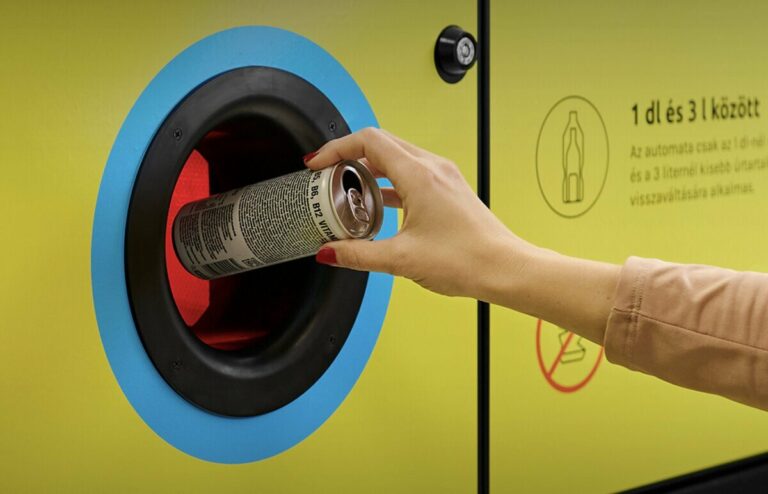environment
Unbelievable: Hungary, the land of spas, baths, rivers and lakes, is drying out

Hungary-Slovakia plan to develop border natural habitats

PHOTOS: You still have a couple of days to check out this natural wonder in Hungary

Budapest starts cleaning the Rákosrendező area where it baulked the UAE’s Mini-Dubai project

Historic cold snap hits Hungary: Temperatures plummet to record lows

The hidden Blue Lake of Transylvania: A colour-changing natural wonder

Minister Lázár: Austria has an occupation plan at Lake Fertő

New bulky waste collection system to clean up Budapest’s cityscape
Huge explosions detected in southern Hungary’s Baranya County: here’s what caused them

Climate policy is an integral part of Uzbekistan’s course

Uzbekistan’s policy on adaptation and mitigation of climate change
In recent years, the climate agenda has become one of the priority areas of Uzbekistan's domestic and foreign policy. This...
Hungarian FM Szijjártó highlights strict environmental standards for battery plants in Parliament hearing

Uzbekistan on the way to a sustainable future: environmental initiatives and international cooperation

Beware! Air is unhealthy in several parts of Hungary

Hungary’s bottle redemption system: Major change ahead, many consumers furious

Hungary deposit-return system reaches half a billion milestone

4 Hungarian tourism destinations recognised among Europe’s best!

Hungary adopts OECD declaration on consumer protection in digital, green transitions





 ZH
ZH IT
IT DE
DE HR
HR NL
NL FR
FR JA
JA RO
RO RU
RU ES
ES TR
TR
